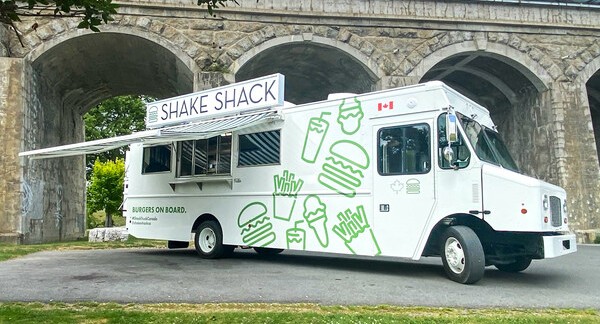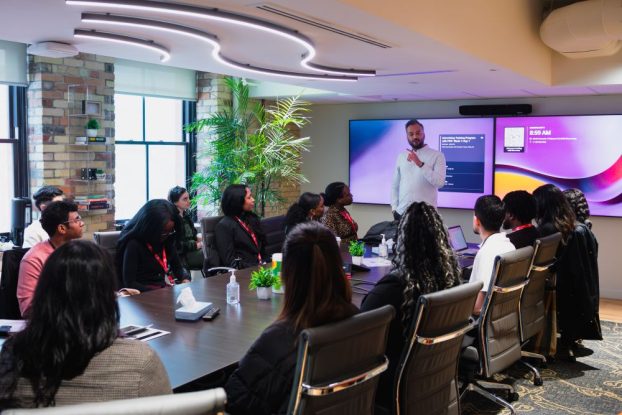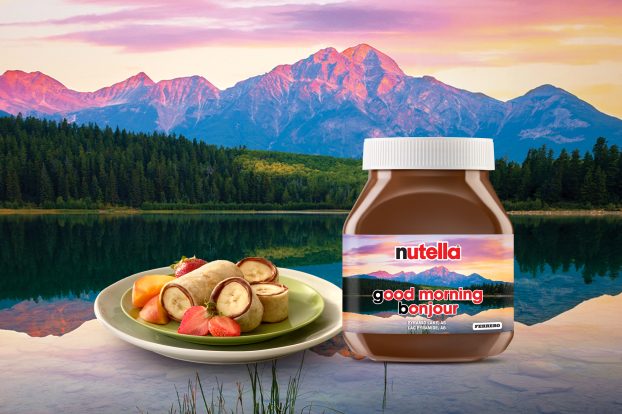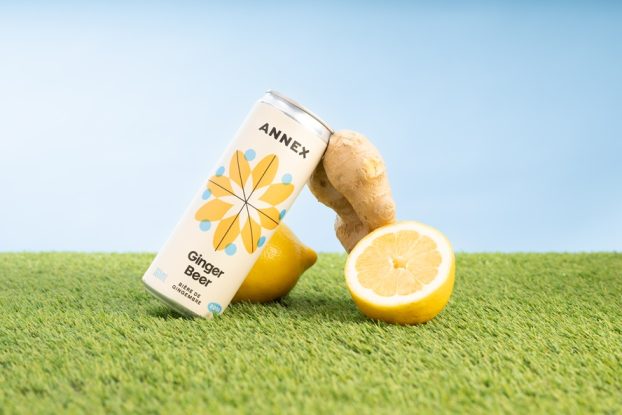Tim Hortons has partnered with TerraCycle to bring reusables to its restaurants, becoming the first QSR to join the company’s Loop recycling platform.
Set to be piloted in Toronto next year, customers will be given the option to pay a deposit to receive their drink or food order in a reusable container. The containers are then returned to a restaurant, where they will be cleaned for reuse and the customer will get their deposit back.
Loop is a TerraCycle program that has partnered with retailers and brands to create sustainable, reusable packaging for grocery, household and personal care products. Once used, the empty containers are returned in a milkman-style system using a tote, which is placed outside a customer’s home for Loop to pick-up, with the containers then cleaned by the company and returned to the customer for reuse. Customers will have their refills returned directly to their door.
Loop’s Canadian pilot was initially slated to begin this year with Loblaw as its retail partner, but was delayed due to the COVID-19 pandemic. It is now planned to begin in 2021.
Though the Tim Hortons pilot will only test returns at restaurants, the QSR said in today’s announcement that it anticipates adding more drop-off locations outside of restaurants to make the option more convenient.
“To really make an impact, we know we need to do something completely different. And as Canada’s quick-service restaurant leader, we also know it’s our responsibility to be bold in that change,” said Hope Bagozzi, Tim Hortons’ CMO, in the release. “Adding a reusable option to our sustainability packaging mix sets us apart in our journey to reduce waste.”
The partnership is the latest new sustainability effort that Tim Hortons has announced as part of “waste reduction week.” On Wednesday, it said it would end the practice of “double cupping” hot beverages in favour of recyclable cardboard sleeves, following news about bringing paper napkins made from recycled fibre and paper sandwich wrappers that are fully recyclable to restaurants in the new year. Altogether, the moves are expected to eliminate the use of over 200 million Tim Hortons cups per year.
While sustainability has remained an important issue for consumers, brands that aim to address those concerns have had to reconcile with the health concerns of the COVID-19 pandemic causing an aversion to reusable products. However, brands have enforced their commitment to pilots like these and other sustainability programs when it is safe to do so.
In February, Tim Hortons announced a number of changes that aimed to update its “Roll Up The Rim” with sustainability in mind, looking to cut down on paper cups by encouraging digital play options and giving away free reusable mugs. The reusable mug giveaway was paused in March due to COVID-19 concerns, with the QSR now saying it will re-launch “when possible.”
























